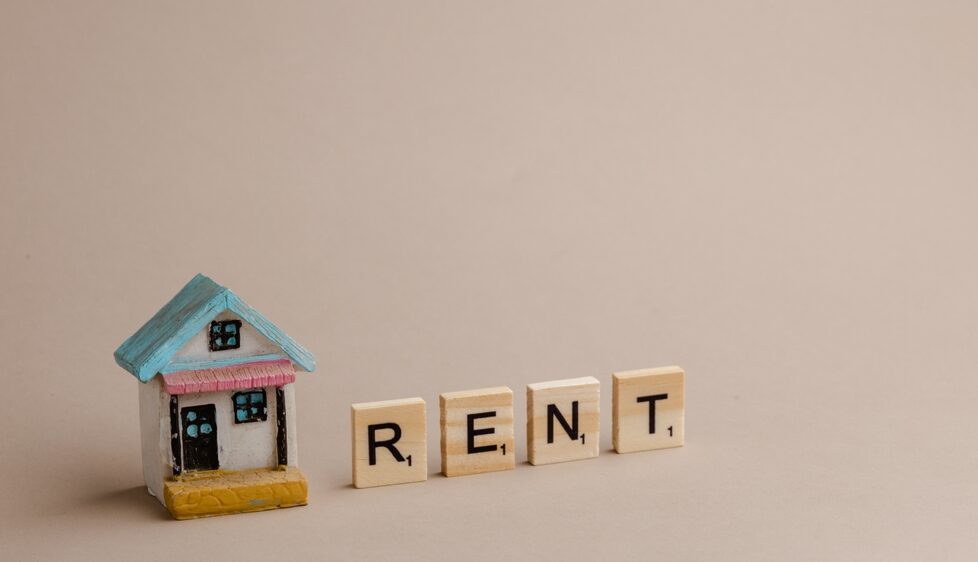
According to the Office for National Statistics (ONS), this represented the fifth monthly slowdown in annual rent inflation.
The average rent for England came to £1,394 in May, a 7.1% or £92 rise on a year earlier. This increase was lower than the 7.5% inflation seen in April and was the sixth month in a row that private rental growth had eased.
There was an 8.5% rise in average private rent in Wales, coming to £799 in May. Again, this increase was down on the 8.7% growth recorded in April and lower than the high of 9.9% seen in November 2023.
In Scotland, the average private rent came to £999 per month, up 4.5% on last year. This was lower than the 5.1% rise seen in April and the lowest annual rise for three years. The ONS said annual rent inflation in Scotland had been slowing since the record high of 11.7% in August 2023.
The average monthly rent in Northern Ireland was £848 in March – the most recent data – which was 7.7% higher than last year. This was down on the 7.8% inflation rate in the 12 months to February and a continuation of the slowing of rental growth inflation since the high of 9.9% in April 2024.

How to get your first-time buyer clients mortgage ready
Sponsored by Halifax Intermediaries
Rents soar in the North East
The North East had the highest annual rent inflation with a 9.7% rise to £733. This was a record high for the region and up from the yearly rise of 9.4% seen in April.
Still, the region had the cheapest monthly rent on average.
The lowest rent inflation was recorded in Yorkshire and the Humber, with a 3.7% lift to £819 per month. This was lower than the 4% growth rate seen in April and the 11th consecutive month of slowing inflation.
In London, private rents rose by 7.7% annually in May to £2,249, the most expensive region. However, this growth had eased from a rate of 8.4% previously.
The ONS found that average private rent for detached properties was the highest at £1,529 per month, while it was lowest for flats and maisonettes at £1,314.
Properties with four or more bedrooms attracted the highest monthly rent at £2,004, while the lowest was for one-bedroom properties at £1,086.
Limited stock keeping rent high
Industry figures said while it was positive for renters that inflation was settling, limited private rental stock meant costs were still elevated.
Sarah Coles, head of personal finance at Hargreaves Lansdown, said: “Hope blossomed for renters in May, as rent rises slowed again. There are some signs of more balance returning to the market, with more properties up for rent and fewer tenants on the hunt for a home. There have even been some rent reductions from landlords who realised they’d been over-optimistic with pricing.
“This owes a great deal to how unaffordable rents have become. The fact rents have been rocketing for four years – well ahead of wages – has pushed more renters out of the market. Fewer are able to leave the family home, more are returning to it, and some are stretching to a house purchase to get out of the rental cycle. Meanwhile, rising rents are helping to balance the books for landlords, so their exodus from the market is slowing.
“For those left in the rental market, smaller rent rises could bring some relief, but they will still be wrestling with the cumulative effect of such a long period of runaway rents.”
Jeremy Leaf, North London estate agent and a former Royal Institution of Chartered Surveyors (RICS) residential chair, added: “Rents are demonstrating little sign of reducing from their inexorable and steady rise. The numbers are supported by lack of stock and urgent need for accommodation from tenants who are finding lack of choice hard to deal with.
“The inevitable result is a rise in rents with little prospect of a reduction anytime soon, particularly as the Renters’ Rights Bill will probably persuade more landlords to sell when it becomes law later in the year.”





